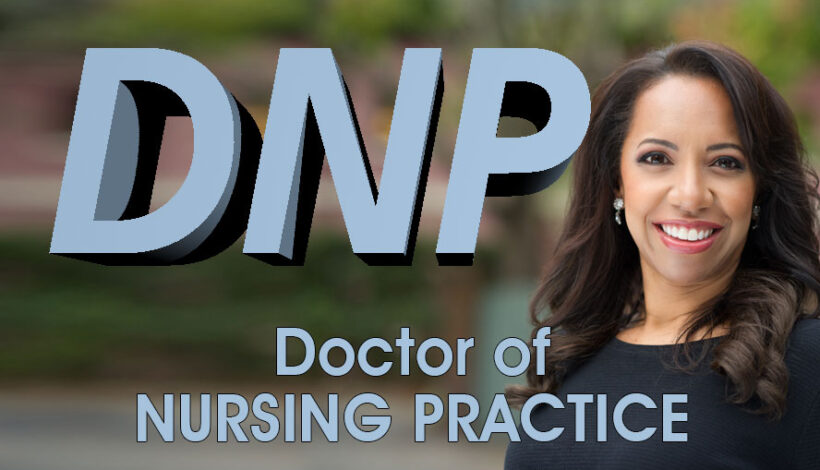By Rosie Moore, DNP, RN, LEHP, LNC, BC-FMP
Doctor of Nursing Practice | Functional Medicine Nurse Consultant
Many women expect some pain and discomfort after an injury—whether from a car accident, a fall, or even an emotionally traumatic event. But what most don’t expect is how long that pain and fatigue can linger. It’s frustrating when you’re doing “everything right”—attending physical therapy, following up with doctors, taking medications as prescribed—yet you still feel exhausted, moody, and unlike yourself.
You may find yourself thinking:
- “Why am I so tired all the time?”
- “Why do I feel depressed or anxious when I never used to?”
- “Why can’t I sleep through the night anymore?”
- “Why does my weight keep creeping up, even though I haven’t changed my diet?”
These questions are valid. And you’re not imagining things.
The truth is, injury recovery is about more than healing bones, muscles, or tissues. There is often a hidden layer of disruption that traditional medicine doesn’t always address: hormonal imbalance.
How Injuries Trigger Hormonal Disruption
When you experience trauma—whether physical or emotional—your body activates its internal alarm system, also known as the stress response. This process, regulated by the hypothalamic-pituitary-adrenal (HPA) axis, signals your adrenal glands to produce cortisol and other stress hormones.
Initially, this is a helpful and protective mechanism. But when stress becomes chronic—such as when you’re in ongoing pain, dealing with disrupted sleep, or experiencing financial or emotional stress after an injury—it can throw your hormonal system completely out of balance.
Over time, this can lead to:
- Adrenal fatigue (feeling wired but tired, or just completely drained)
- Thyroid dysfunction (which affects metabolism, energy, and mood)
- Imbalances in estrogen and progesterone (leading to mood swings, irregular periods, or worsened PMS)
- Blood sugar instability
- Slowed tissue repair and inflammation that won’t resolve
Unfortunately, many of these issues don’t show up clearly on standard labs. You may be told that everything is “normal,” but you still don’t feel right. That’s where functional medicine can offer real answers.
Why Women Are Especially Affected
Women’s hormonal systems are incredibly intricate and sensitive to stress. After an injury, even subtle changes in sleep, inflammation, or nutrient depletion can create a cascade effect—disrupting everything from your monthly cycle to your ability to think clearly and manage your emotions.
If you’re also a caregiver, a professional, or simply trying to get back to your routine, the pressure to “push through” can further delay recovery. Many women feel guilty for slowing down or seeking help—so they suffer in silence while their bodies quietly burn out.
The good news? You don’t have to.
Functional Support for Hormone Health and Recovery
At JRM Nurse Consultants, we take a different approach. We start by listening to your story—how the injury happened, what you’ve experienced since, and how your symptoms are impacting your life. Then, using advanced functional lab testing and clinical assessments, we help you uncover what’s really going on beneath the surface.
We explore key areas like:
- Adrenal function and cortisol patterns
- Thyroid health (not just TSH, but full thyroid panels)
- Female hormone balance
- Inflammatory markers
- Nutrient levels and gut health
- Sleep and nervous system recovery
You’ll receive a personalized recovery roadmap that doesn’t just treat symptoms—it restores balance.
It’s Time to Feel Like Yourself Again
If you’re tired of being told “everything looks fine” when you know something is off, trust your instincts. Your symptoms are messages. And healing is possible—especially when we address the root causes and support the body’s natural ability to rebalance.
Initial Functional Health Consultation: $25.00
Once you are ready for the next step after the initial consult, it will allow us to review your health history, current concerns, and determine the best path forward for healing. This is not just another appointment—it’s a starting point for real answers and individualized care.
Initial Functional Health Consultation: $25.00
Click here to book your session
Contact:
Rosie Moore, DNP, RN, LNC, LEHP, BC-FMP
Doctor of Nursing Practice
Functional Medicine Nurse Consultant
Email: rosie@jrmnurseconsultants.com
Phone: 407-760-1662
Fax: 727-279-2103
Website: https://jrmnurseconsultants.com






